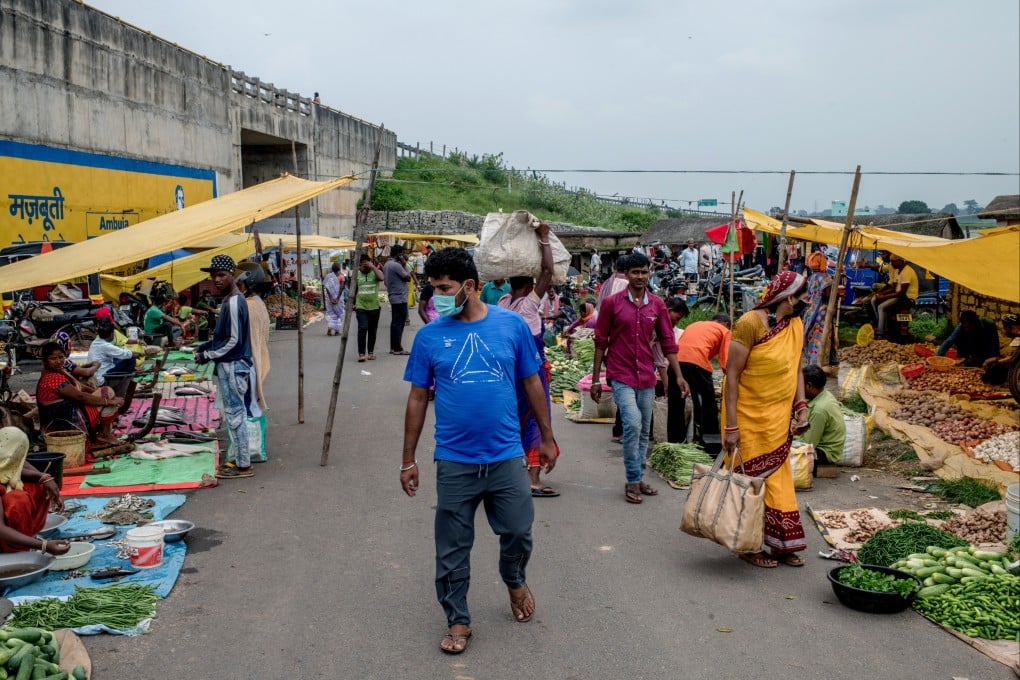Advertisement
Opinion | How hidden inflation risks threaten developing countries’ recovery
- Accelerating inflation, along with worsening growth and employment prospects, will expose developing economies to greater sociopolitical instability
- While Covid-19 has yet to be defeated, monetary policymakers should start preparing to address potentially serious inflation threats
Reading Time:3 minutes
Why you can trust SCMP
1

As the global economy begins to emerge from the Covid-19 crisis, managing inflation risks will be much more challenging in developing countries than in advanced economies.
That reflects the nature of the shocks driving inflation and the fact that lower-income countries are ill-equipped to respond to them. A combination of specific shocks and vulnerabilities could seriously threaten these countries’ economic stability and prosperity.
For starters, developing countries have much greater exposure to environmental shocks, which will become more frequent and severe as a result of climate change. Extreme weather effectively acts as a negative supply shock, causing production to decline and prices to rise – the most difficult conditions for monetary policymakers.
Advertisement
Several countries, including Nigeria and Sri Lanka, are facing skyrocketing food prices. Madagascar’s drought and ensuing famine is another stark reminder of African developing countries’ vulnerability.
Developing economies are also more exposed to financial shocks. Monetary policy in advanced economies will eventually normalise and, if past experience is any guide, many emerging markets will experience massive capital outflows.
The prospect of capital flight might be particularly salient for poorer economies, particularly if accompanied by a reduction in development aid. Such sudden stops bring their own policy dilemmas, not least pressure on exchange rates.
Advertisement
Select Voice
Choose your listening speed
Get through articles 2x faster
1.25x
250 WPM
Slow
Average
Fast
1.25x


